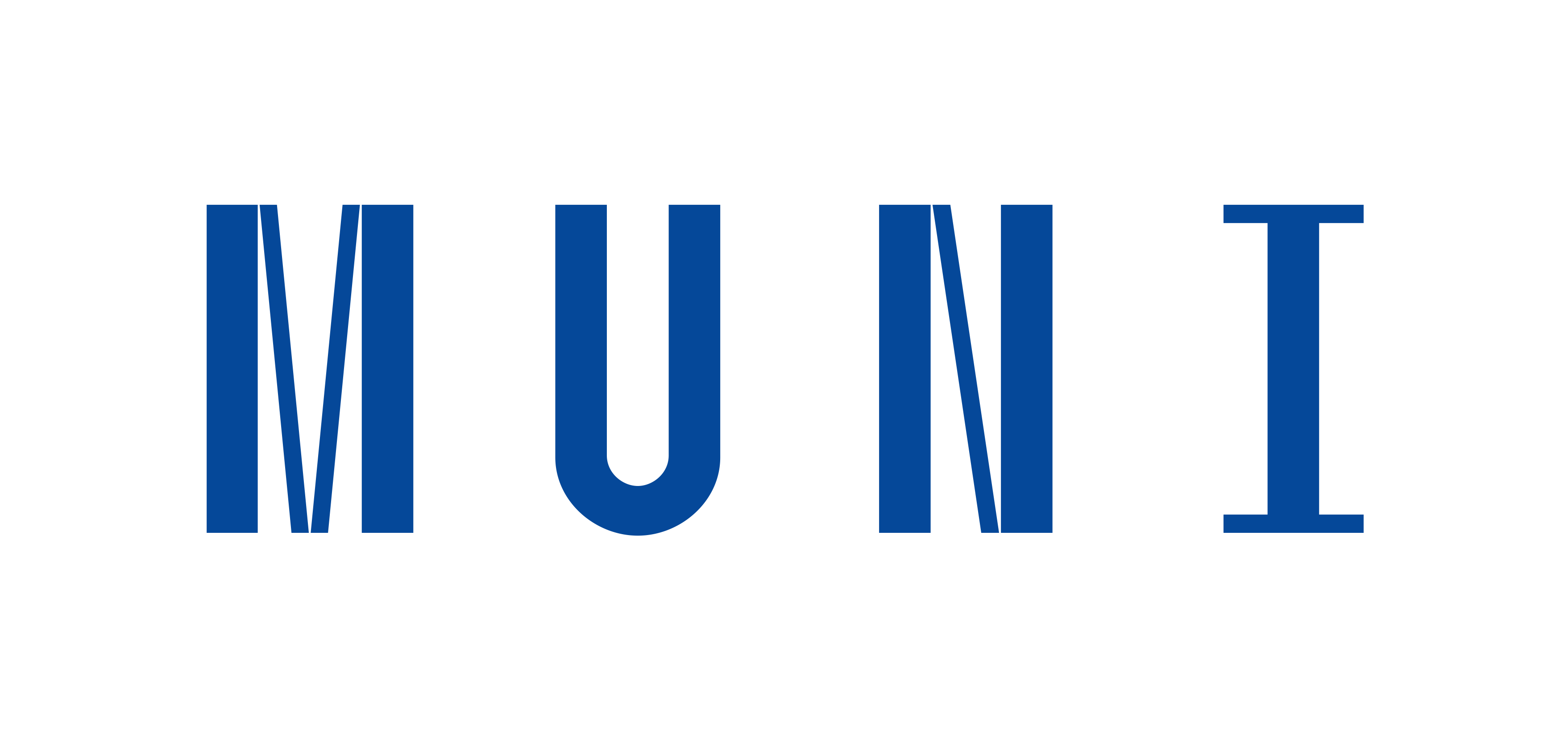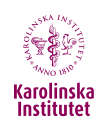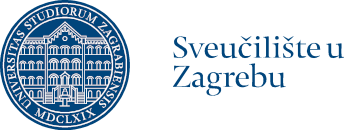List of resources - Student-Centered Pedagogy
1. Leask B. Internationalizing the Curriculum (1st ed.). Routledge. 2015;208. https://doi.org/10.4324/9781315716954
2. De Wit H, Hunter F, Howard L, et al. Internationalization of Higher Education – Study, Directorate-General for Internal Policies, Policy Department: Structural and Cohesion Policies, European Parliament, Brussels. 2015.
3. Jones E, Leask B, Brandenburg Uwe, De Wit H, et al. Global social responsibility and the internationalisation of higher education for society. JSIE. 2021; 25(4):330 347. https://doi.org/10.1177/10283153211031679
4. United Nations. (2015). Transforming our world: The 2030 Agenda for Sustainable Development A/RES/70/1. https://sdgs.un.org/2030agenda
5. UNESCO. Education for Sustainable Development Goals: Learning Objectives. 2017. https://doi.org/10.54675/CGBA9153
6. The OECD’s programme on education and skills policy support policymakers in their efforts to achieve high-quality lifelong learning, which in turn contributes to personal development, sustainable economic growth, and social cohesion. 30 September 2024.
7. OECD. OECD Skills Strategy 2019: Skills to Shape a Better Future. OECD Publishing, Paris. 2019. https://doi.org/10.1787/9789264313835-en
8. WFME - WMA. The World Medical Association Recognition Programme. https://wfme.org/
9. Objective 1.1 of the WHO Global Strategy on Human Resources for Health: Workforce 2030.
10. Professional Standards Framework for teaching and supporting learning in higher education 2023, Advance HE.PSF 2023 - Screen Reader Compatible - final_1675089549.pdf
11. Nagy, A. Needs Analysis for ERASMUS+ project about teaching Anatomy. 2021. https://projects.pte.hu/sites/projects.pte.hu/files/Leanbody-pdf/NEEDS-analysis results.pdf
12. Block, T., Van Poeck, K., & Östman, L. Tackling wicked problems in teaching and learning. Sustainability issues as knowledge, ethical and political challenges. (Eds.), Sustainable Development Teaching: Ethical and Political Challenges. Routledge. 2019.
13. Dimitrov, N. & Haque, A. Intercultural teaching competence in the disciplines. In Pérez, G. M. G. & Rojas-Primus, C. (Eds.), Promoting intercultural communication competencies in higher education (pp. 89-119). IGI Global. 2016. https://ir.lib.uwo.ca/ctlpub/16/
14. Knight, J. Internationalization Remodeled: Definition, Approaches, and Rationales. Journal of studies in international education. 2004; Volume 8, Issue 1 https://doi.org/10.1177/1028315303260
15. Biggs J, Constructive alignment in university teaching. HERDSA review of Higher education. Vol. 1. www.herdsa.org.au. 2013
16. Biggs, J. & Tang, C. Teaching for quality learning at university. Open University Press/McGraw Hill. (2011).
17. Sandelowski M. Combining qualitative and quantitative sampling, data collection, and analysis techniques in mixed-method studies. Res Nurs Health. 2000 Jun;23(3):246-55. doi: 10.1002/1098-240x(200006)23:3<246::aid-nur9>3.0.co;2-h. PMID: 10871540
18. Palinkas LA, Horwitz SM, Green CA, Wisdom JP, Duan N, Hoagwood K. Purposeful Sampling for Qualitative Data Collection and Analysis in Mixed Method Implementation Research. Adm Policy Ment Health. 2015 Sep;42(5):533-44. doi: 10.1007/s10488-013-0528-y
19. Braun V, Clarke V. Using thematic analysis in psychology. Qual Res Psychol 2006 ;3:77–101. doi: 10.1191/1478088706qp063oa
20. Buja LM. Medical education today: all that glitters is not gold. BMC Med Educ. 2019 Apr 16;19(1):110. doi: 10.1186/s12909-019-1535-9. PMID: 30991988; PMCID: PMC6469033
21. Cheng WC, Chen TY, Lee MS. Fill the gap between traditional and new era: The medical educational reform in Taiwan. Ci Ji Yi Xue Za Zhi. 2019 Sep 16;31(4):211 216. doi: 10.4103/tcmj.tcmj_229_18. PMID: 31867248; PMCID: PMC6905246.
22. Loughlin, C., Lygo-Baker, S., & Lindberg-Sand, Å. Reclaiming constructive alignment. European Journal of Higher Education, . (2020) 11(2), 119–136. https://doi-org.proxy.kib.ki.se/10.1080/21568235.2020.1816197
23. OECD. (2020). PISA 2018 Global Competence. https://www.oecd.org/pisa/innovation/global competence/
24. UNESCO. UNESCO 2000 World education report,: The right to education; towards education for all throughout life 2000.
25. Crosling, G., Heagney, M. and Thomas, L. Improving Student Retention in Higher Education: Improving teaching and learning. In Australian Universities’ Review, (2009) Vol.51, No. 2.
26. Finn GM, Danquah A, Matthan J. Colonization, cadavers, and color: Considering decolonization of anatomy curricula. Anat Rec (Hoboken). 2022 Apr;305(4):938-951. doi: 10.1002/ar.24855.
27. Estai M, Bunt S. Best teaching practices in anatomy education: A critical review. Ann Anat. 2016 Nov;208:151-157. doi: 10.1016/j.aanat.2016.02.010. Epub 2016 Mar 17.
28. Bruce M. Mackh. Teaching for Retention. Strategies to Ignite Student Success in Higher Education 2025, 1st edition.
29. Varga Z, Pótó Z, Czopf L, Füzesi Z. Do we need special pedagogy in medical schools? - Attitudes of teachers and students in Hungary: a cross-sectional study. BMC Med Educ. 2020 Nov 26;20(1):472. doi: 10.1186/s12909-020-02385-x. 2
30. Brown, M.E., Coker, O., Heybourne, A. et al. Exploring the Hidden Curriculum’s Impact on Medical Students: Professionalism, Identity Formation and the Need for Transparency. Med.Sci.Educ. 30, 1107–1121. 2020. https://doi.org/10.1007/s40670 020-01021-z.
31. Lempp H, Seale C. The hidden curriculum in undergraduate medical education: qualitative study of medical students' perceptions of teaching. BMJ. 2004 Oct 2;329(7469):770-3. doi: 10.1136/bmj.329.7469.770. PMID: 15459051; PMCID: PMC520997.
32. Biggs J., Teaching for Quality Learning at University: what the student does. Society for Research in to Higher Education. 2 ed, Open University Press, Philadelphia. (2003).
33. Ekecrantz S., Adamson L., Duhs R.,) Bolognaprocessen vid SU. Att arbeta med betygskriterier - alternativ och exempel. Universitetspedagogiskt centrum, Stockholms universitet (2005).
34. Psacharopoulos, G., & Patrinos, H. Returns to investment in education: A decennial review of the global literature. Education Economics, (2018) 26(5), 445–458.
35. McMahon, W. W. The external benefits of education. In P. Peterson, E. Baker, & B. McGaw (Eds.), International encyclopedia of education (3rd ed., pp. 260–271). (2010) Amsterdam: Elsevier
36. Groenez, S., Desmedt, E., & Nicaise, I. Participation in lifelong learning in the EU-15: The role of macro-level determinants. Paper presented at the European Conference for Education Research (ECER), held 19–21 September 2007 in Ghent, Belgium
37. Keele University Decolonising the curriculum. . (2021) https://www. keele.ac.uk/equalitydiversity/equalityframeworksandactivities/ decolonisingthecurriculum/Keele%20University%20DTC% 20Staff%20Guide%20.pdf
38. Psacharopoulos, G., & Patrinos, H. Returns to investment in education: A decennial review of the global literature. Education Economics, (2018) 26(5), 445–458.
39. McMahon, W. W. The external beneftis of education. In P. Peterson, E. Baker, & B. McGaw (Eds.), International encyclopedia of education (2010). (3rd ed., pp. 260 271). Amsterdam: Elsevier
40. Groenez, S., Desmedt, E., & Nicaise, I. Participation in lifelong learning in the EU-15: The role of macro-level determinants. Paper presented at the European Conference for Education Research (ECER), held 19–21 September 2007 in Ghent, Belgium
41. Project implicit harvard education Take a Test (harvard.edu)
42. Biggs J. Aligning teaching for constructing learning (online) [Internet]. High Educ Acad. 2013 3






